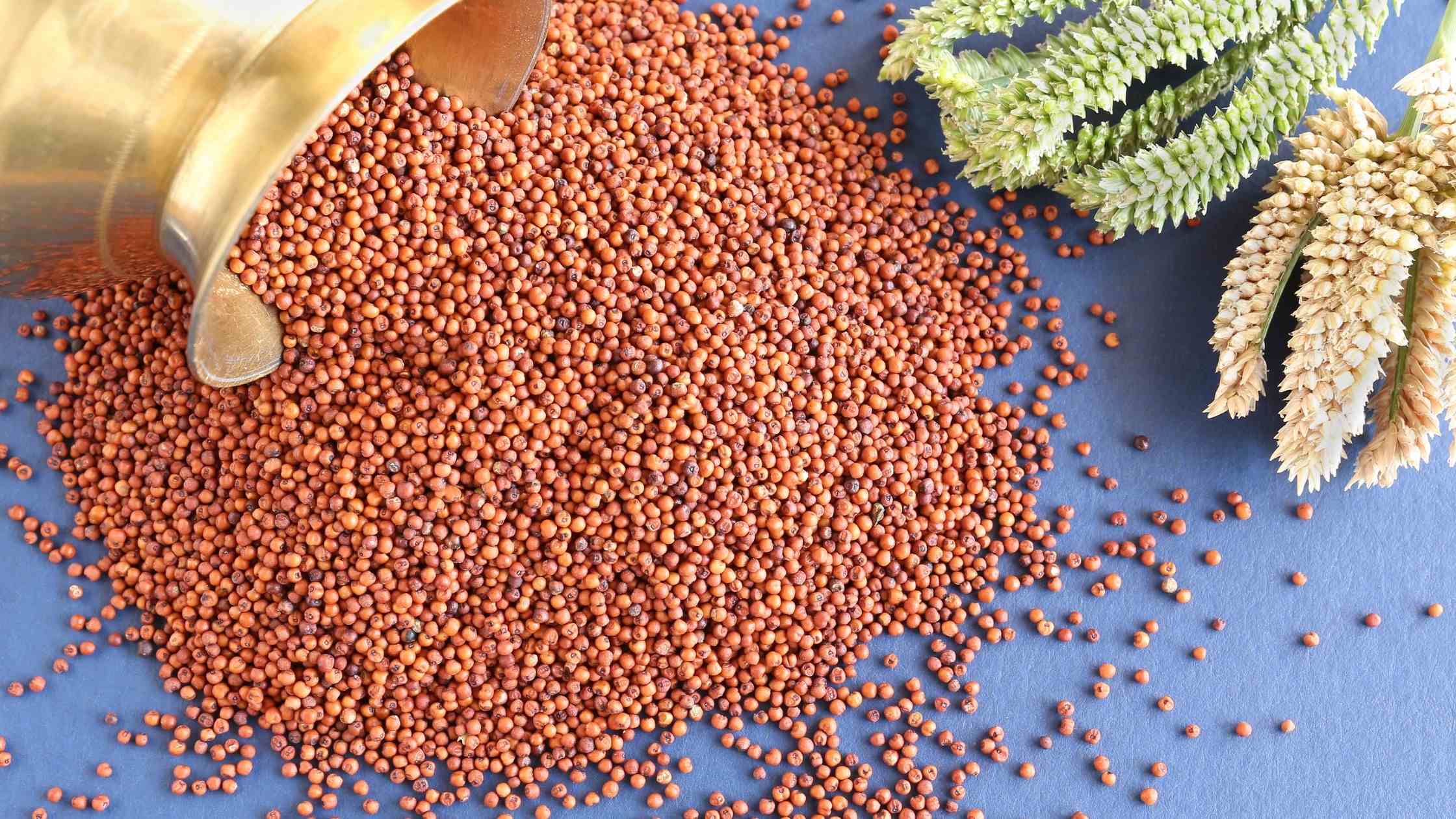Introduction to Finger Millet (रागी) – Powerful Ayurvedic Benefits
Finger millet(रागी) crops can withstand both mildly acidic and alkaline soils, and they are resistant to drought.
Finger Millet makes it perfect for the year-round propagation of these plants in all of India’s geographical terrains, including the plateaus and mountains.
The Finger Millet plant’s seeds are cleaned, dried, and kept in storage as grains after they sprout. Therefore, ragi that is sold commercially is either sold as flour after undergoing various processing techniques like milling and malting, or it is sold as healthful super-grains that have been threshed under high pressure.
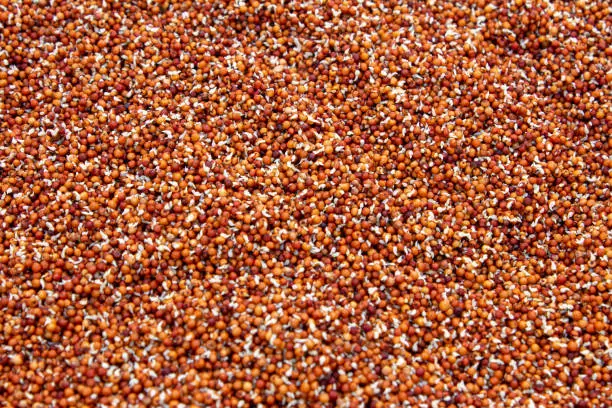
Nutritional Value of Finger Millet(रागी)
Finger Millet has a perfect nutritional profile that includes all the important macronutrients (carbs, fiber, fats, and proteins) and significant amounts of important micronutrients (vitamins and minerals).
Its low sodium and cholesterol content helps to protect the heart.
Ragi also has significant amounts of vitamins C and E, which support healthy skin, hair, and immune systems. Ragi flour is packed with the B complex vitamins (thiamine, riboflavin, niacin, and folic acid) as well as minerals like calcium, magnesium, iron, and phosphorus, which further validates its status as a healthy breakfast cereal and superfood.
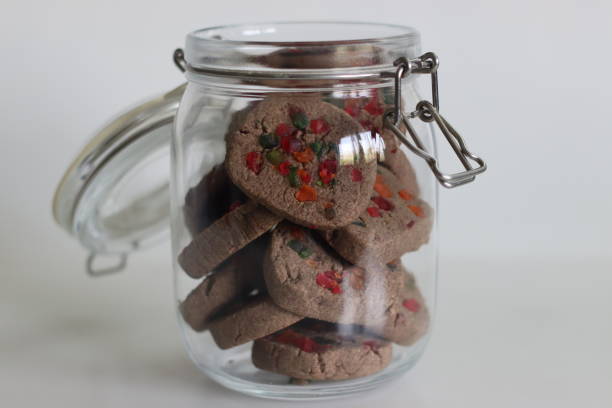
Nutritional value and ragi calories (100 gm.)
| Energy | 328 Kcal |
| Protein | 7.30 gm. |
| Carbohydrates | 72 gm. |
| Fat | 1.30 gm. |
| Dietary fiber | 11.50 gm. |
| Iron | 3.9 mg. |
| Sodium | 11 mg. |
| Calcium | 344 mg. |
| Potassium | 408 mg. |
| Carotene | 42 μg. |
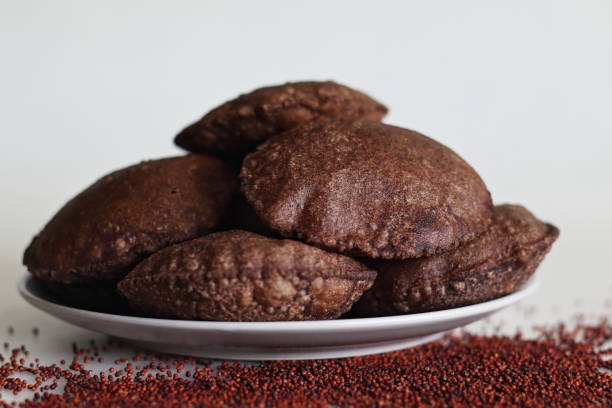
Antioxidants
In addition to other amino acids, antioxidants, fiber, protein, and iron, ragi is a good source of carbohydrates.
For those with diabetes, it is a better option than rice or wheat because it meets their carbohydrate needs more effectively.
Anti-Inflammatory Properties of Finger Millet(रागी)
Individuals with diabetes frequently lament the time it takes for their wounds to heal. Ragi’s antioxidants are thought to improve the body’s ability to heal and regulate blood sugar levels.
Weight Management
Diabetics must control their weight. One of the most frequent causes of elevated blood sugar is obesity. Ragi is a great source of fiber, which helps you feel satisfied and fuller for longer, which in turn helps you reduce unhealthy cravings. Additionally, ragi’s high fiber content promotes regular bowel movements.
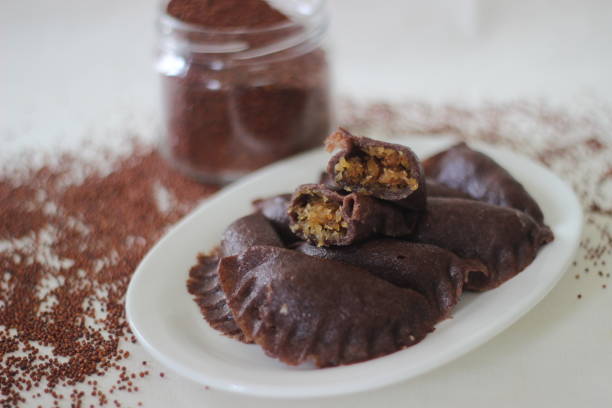
Gluten-free
Finger millet free of gluten, ragi is rich in protein, fiber, calcium, and other antioxidants. Because the ragi grain is so tiny, it cannot be processed any further and is therefore eaten raw. You can eat ragi flour as a snack or in roti or pancakes.
There are a few interesting ways to consume it that are listed below.
How to use ragi?
It can be powdered and consumed as ragi flour in dishes like dosa, roti, idli, upma, paratha, halwa, barfi.
Ayurvedic Benefits
Osteoporosis is a progressive bone disease that is characterized by a decrease in bone density. In Ayurveda, this depletion of the bone tissue is called Asthikshaya. This is due to nutrient deficiency because of malnutrition and the imbalance of Vata dosha. Ragi is a good source of natural calcium.
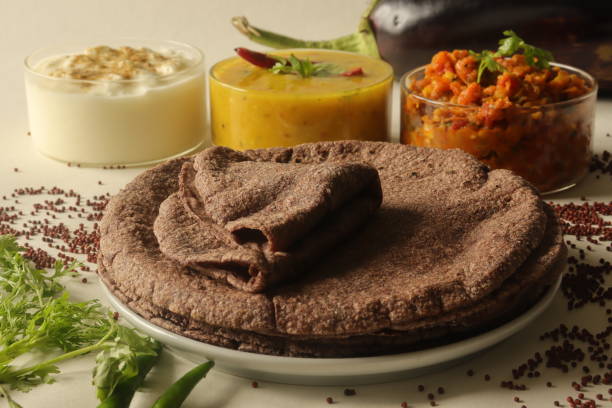
Recipes of Finger Millet(रागी)
- Ragi Mudde
To make ragi mudde, ragi flour is cooked with some water and then shaped into balls. Ragi mudde is served along with any sambar, saaru any curry or gravy.
- Ragi Bhakri
Add water to Ragi flour and knead the dough and roll out the chapati and cook it on the hot pan & season it with ghee.
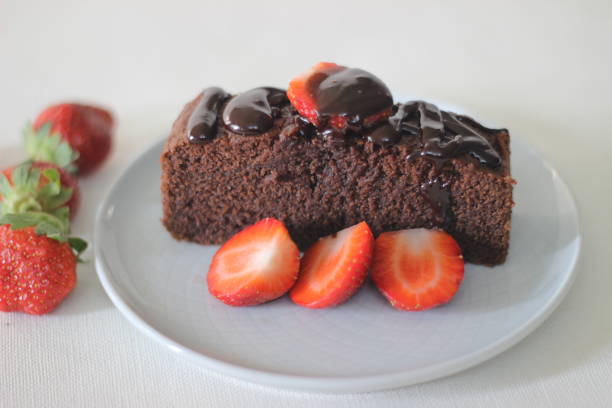
- Ragi laddoo
Add ghee to the pan & through the ragi flour to it. Roast it till ragi turns dark brown and add the Sweetener of your choice (Date or Sugar or Jaggary). Let it cool for some time and make laddoo out of it.
- Instant Ragi Dosa
These are crispy, no-grind dosa made with ragi flour, seasonings, rice flour and curd. A handy recipe and great at times when you want to make a quick breakfast or snack.

